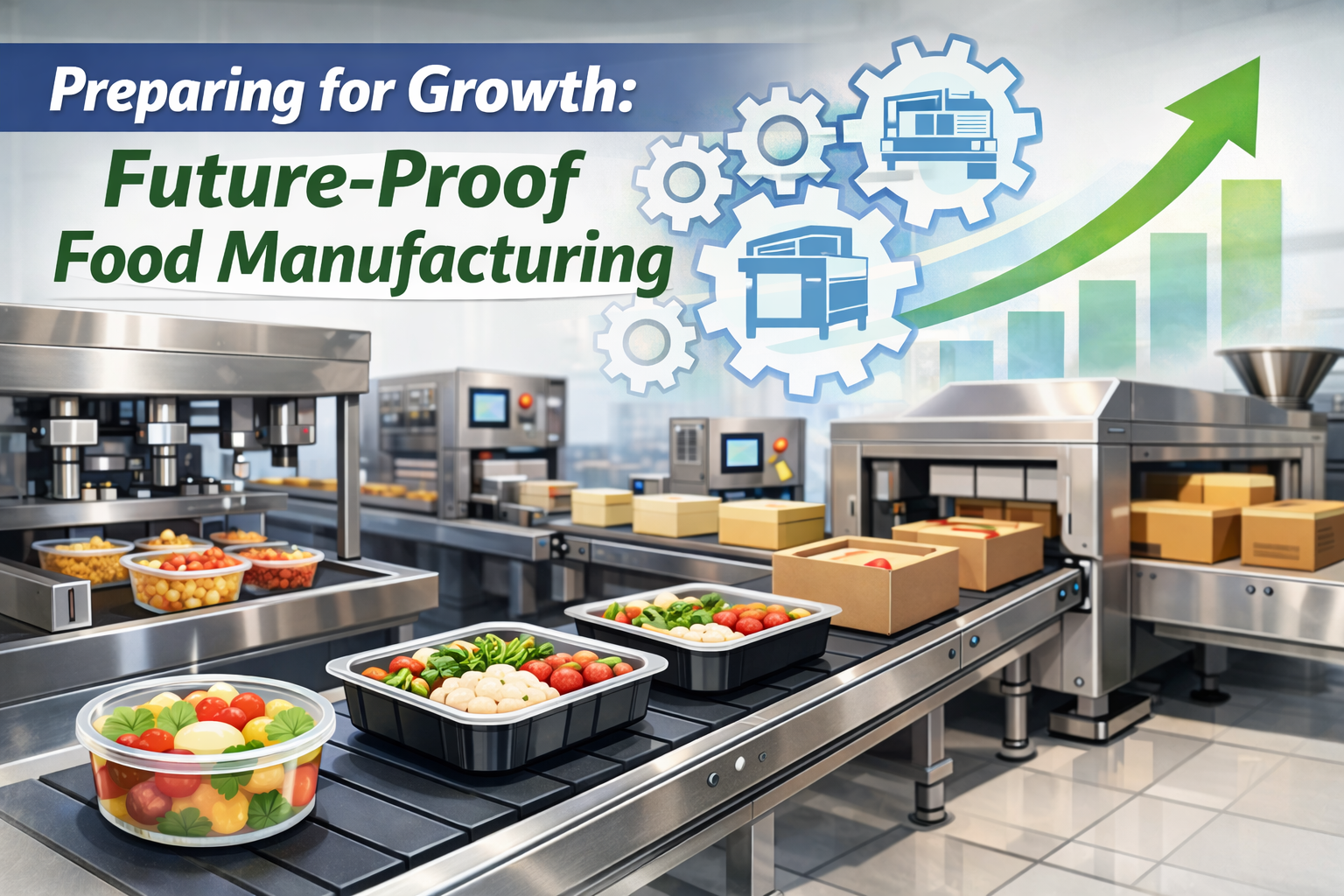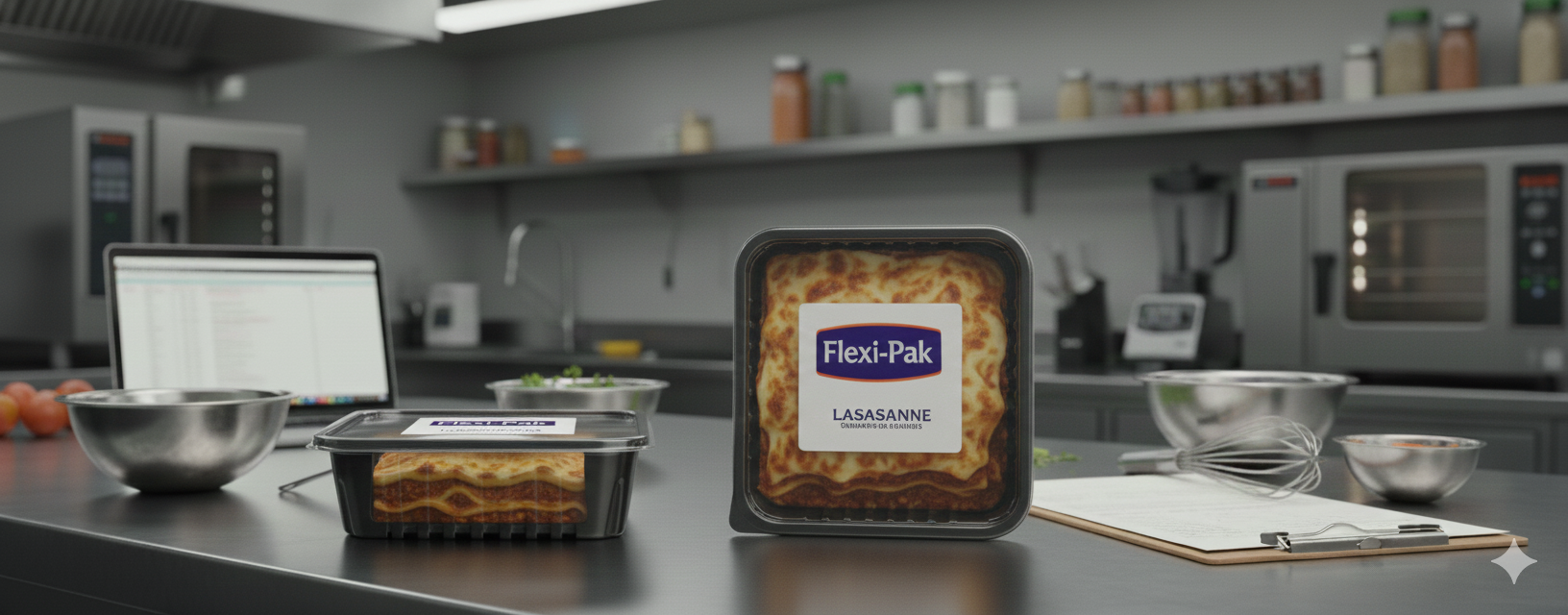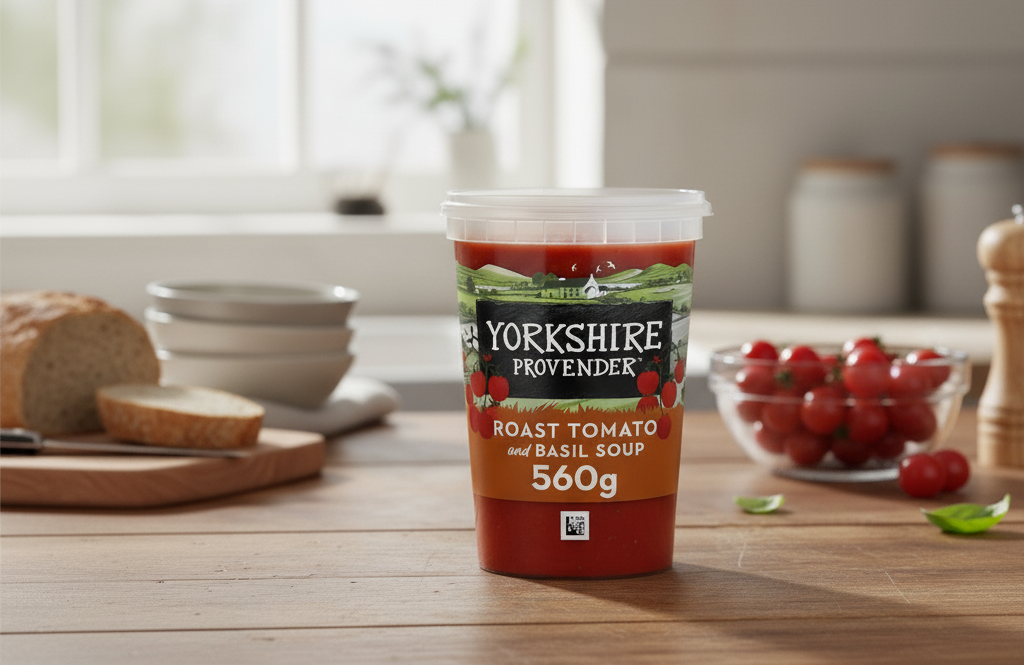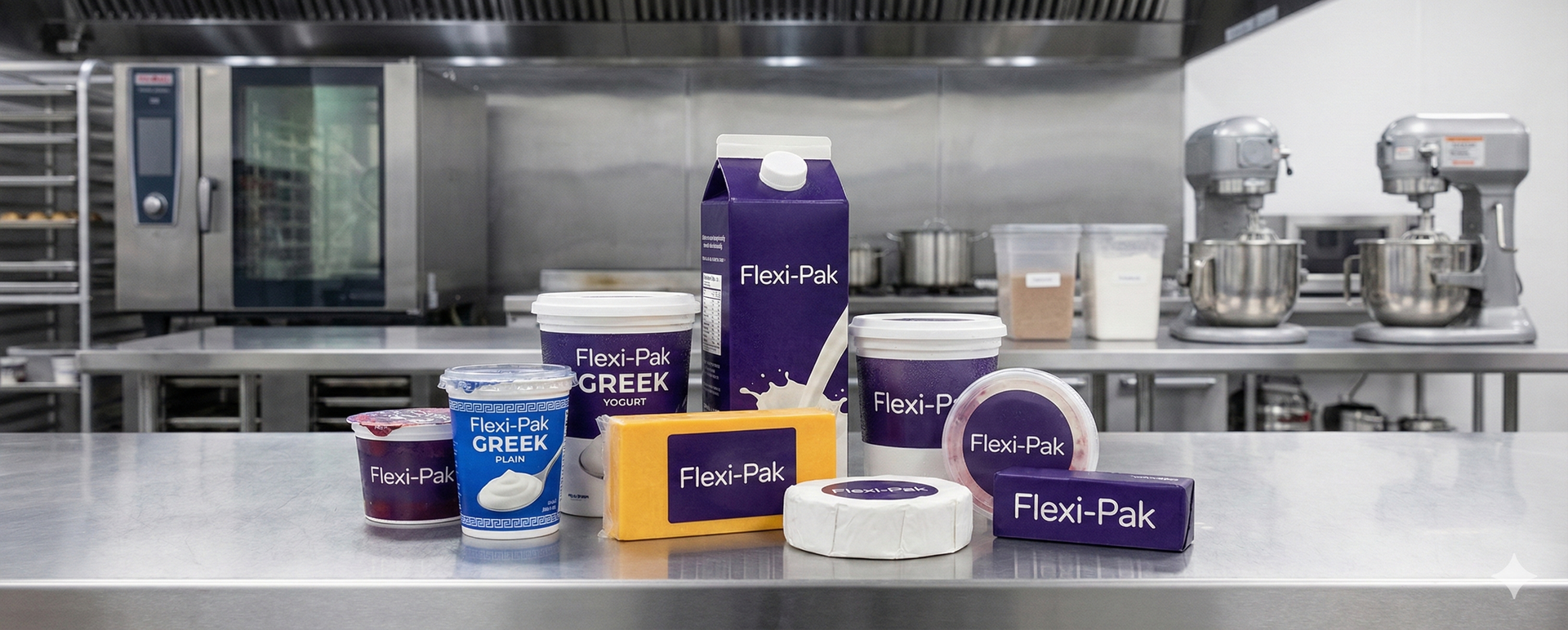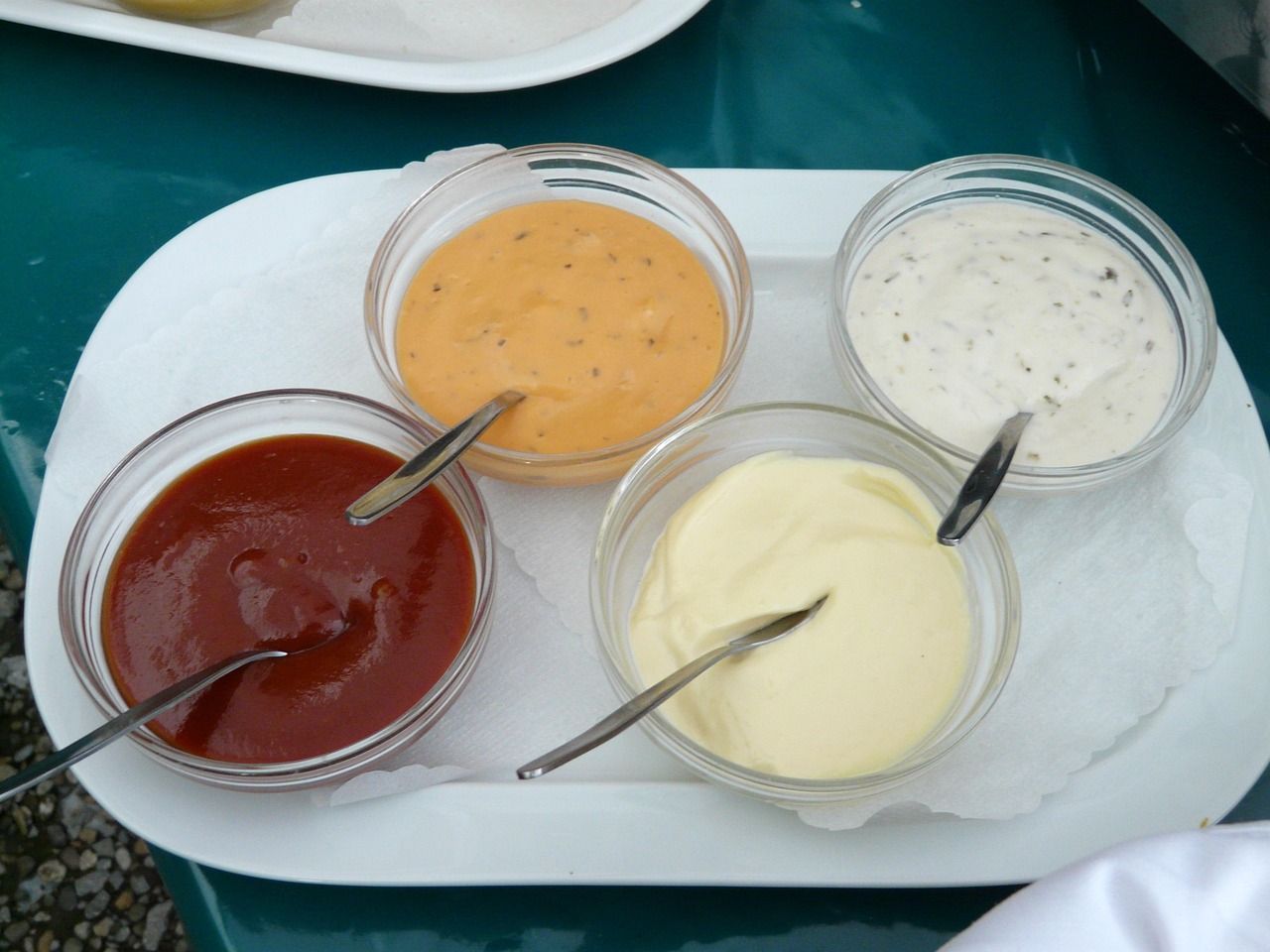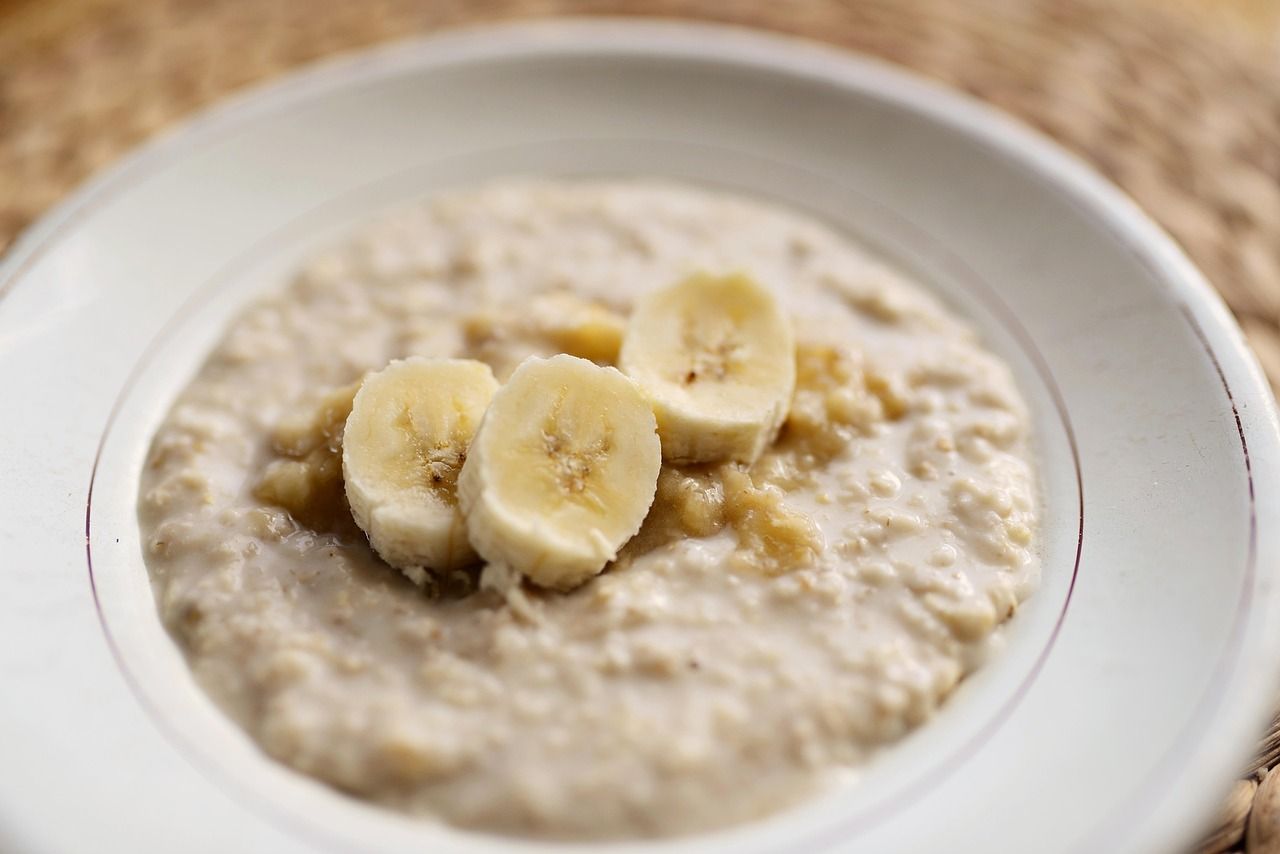Rotary Pot Filling Machines: Versatility, Sectors And What to Look For
Rotary pot filling machines are commonplace in modern food and beverage packaging, offering speed, precision and flexibility for manufacturers seeking to automate the filling and sealing of pots, tubs and cups. his is a subtitle for your new post
As consumer demand for convenience formats continues to grow, these machines are playing a critical role across a wide range of sectors—from dairy and ready meals to personal care and pet food.
Applications and Key Sectors
The dairy industry remains one of the biggest users of rotary pot filling equipment. Yoghurt, cream, desserts and soft cheese products are commonly filled into pre-formed pots using rotary systems that can dose viscous, semi-viscous or particulate products with impressive accuracy.
The ready meal and dips category is another fast-growing area. Rotary fillers are ideal for products such as hummus, fruit compotes, and sauces—items that require both clean presentation and hygienic sealing.
As well as food manufacture, rotary pot filling machines are also suitable for packing personal care products, such as creams, gels, and scrubs, and pet food.
Advantages of Rotary Filling Systems
Rotary fillers are designed to handle high volumes with consistent accuracy, offering excellent throughput on compact footprints. Their rotary indexing tables enable continuous motion through filling, sealing, coding, and lidding stations—minimising downtime and maintaining line efficiency.
Modern systems often integrate advanced controls, servo-driven dosing and automatic CIP (clean-in-place) functions, ensuring both hygiene and repeatability. Tool-free changeovers and modular design options also support multi-format production, making rotary systems particularly attractive for contract packers and brand owners managing short runs or frequent product changes.
What to Consider When Choosing a Supplier
When investing in a rotary pot filling machine, buyers should look beyond throughput figures alone. Build quality, flexibility, and after-sales support are all crucial considerations.
Product compatibility: Ensure the machine is designed to handle your specific product characteristics—whether that means particulates, aerated fillings or layered components. Dosing technology should be matched carefully to product viscosity and portion size.
Hygiene and compliance: Machines working in high-care environments need to be made from stainless steel to prevent corrosion and allow them to be easily washed.
Changeover and scalability: For producers running multiple pot sizes or flavours, quick and repeatable changeovers can make a significant difference to overall equipment effectiveness.
Service and spares: Choosing a supplier with a strong UK presence, responsive technical support and readily available spare parts will reduce downtime and protect long-term investment.
We have been designing and manufacturing Rotary Pot Filling machines since 2009. Our machines are manufactured in stainless steel and capable of speeds up to 50 cycles per minute (subject to product type, viscosity and seal parameters).
Available in either 8-station or 12-station layouts, our Rotary Pot Filling machines can be equipped with “quick-release, no-tools” change parts that can be exchanged in under 5 minutes, helping to reduce downtime during format changes.
Our machines are also versatile in terms of the type of product they can handle, including wet, dry, viscous liquids, and powders, for example.
If you’re considering investing in a new Rotary Pot Filling machine and need help and advice, please don't hesitate to contact us – call 01427 612869 or email info@flexi-pak.co.uk
